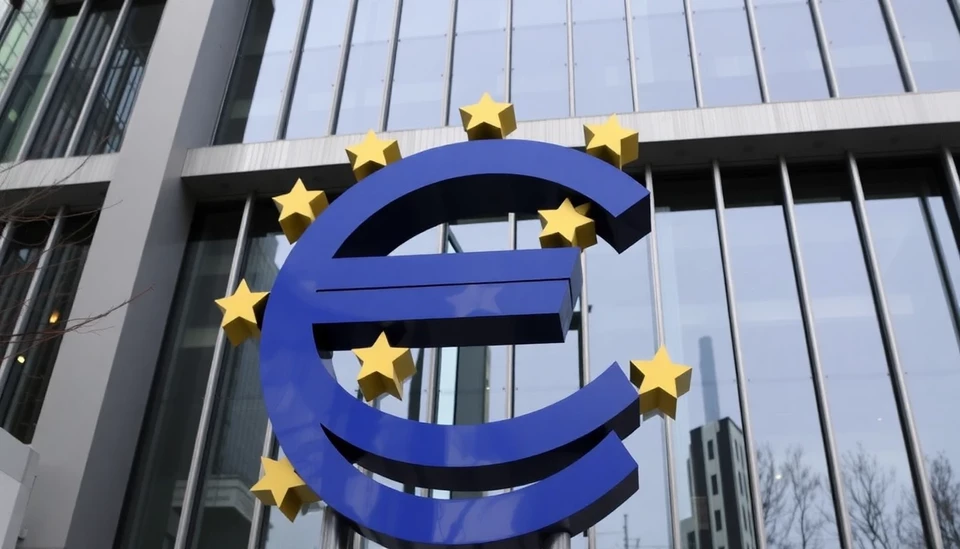
In recent statements, ECB board member Isabel Schnabel highlighted significant concerns regarding inflationary pressures tied to the service sector, particularly influenced by growing wage demands. As policymakers grapple with economic recovery post-pandemic, these insights shed light on the dynamic financial landscape of the eurozone.
Schnabel emphasized that despite a gradual decline in overall inflation, the ongoing wage pressures in the service industry pose a threat to the Central Bank's efforts to stabilize prices. Her remarks come as the European Central Bank continues to navigate its monetary policy, rerouting its focus toward inflation targets while being vigilant of wage growth, which often translates into higher costs for businesses and consumers alike.
The ECB's primary mandate involves maintaining price stability, but with rising concerns over labor costs, the balance becomes precarious. Schnabel's observations signal a potential need for adjustments in interest rates, as sustained wage inflation may force the ECB to recalibrate its approaches to economic stimulation and control.
As European economies struggle with post-pandemic recovery and various geopolitical tensions, the service sector emerges as a critical player in the inflation equation. Schnabel’s insights reflect an understanding that the intricate relationship between wages, services, and inflation requires careful monitoring and strategic responses from the European Central Bank.
While analysts are observing these developments closely for potential policy shifts, the implications of elevated inflation risks could influence economic growth projections and the strategic decisions made at upcoming ECB meetings. Ultimately, the delicate interplay between wages and inflation will be pivotal in shaping the monetary policy landscape of the eurozone in the coming months.
Experts will be keeping a close eye on upcoming economic indicators and ECB discussions, particularly as they relate to the service sector's resilience following the heightened demands and shifts that have characterized the recovery period. Furthermore, any emerging trends in wage growth could prompt recalculations in the ECB’s inflation forecasts, complicating the broader economic narrative.
As the ECB tackles these challenges, Schnabel's remarks serve as a cautionary note for policymakers and economists alike, urging a proactive stance in addressing potential inflationary threats arising from the service industry and wage dynamics.
In conclusion, the statement from the ECB unveils a complex and nuanced challenge ahead for the Central Bank as it seeks to uphold its mandate of price stability while navigating the emerging threats posed by inflation and wage increases in the crucial service sector.
#ECB #Inflation #Wages #ServiceSector #MonetaryPolicy #EconomicRecovery #IsabelSchnabel
Author: Laura Mitchell




